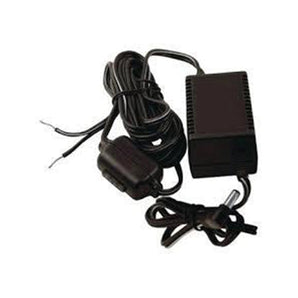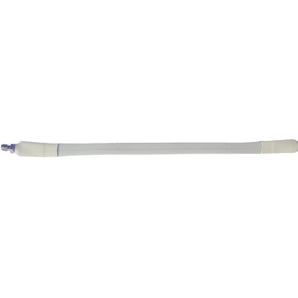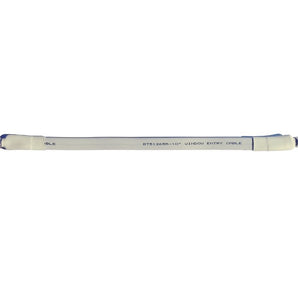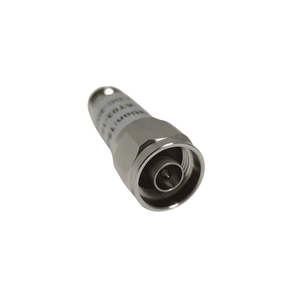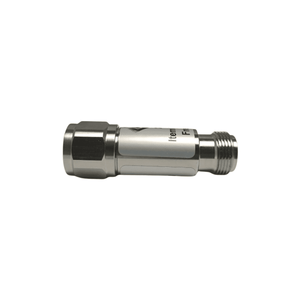Which Is Best for You?
When setting up a cellular or LTE data network - whether for your home, farm, business, or vehicle - the type of antenna you choose has a direct impact on performance. The right antenna can improve signal strength, reduce dropped calls, and boost data speeds. But with multiple antenna types available, how do you know which is best for your unique setup?
This in-depth guide explores the key differences between omni-directional and directional antennas, how they work, their pros and cons, and how to choose the right solution for your in-building installation needs.
Omni-Directional Antennas
Omni-directional antennas are designed to receive or transmit cellular signal in a 360-degree horizontal pattern—much like a lantern casting light in every direction. These antennas are ideal when signal is coming from multiple towers or when you don't know the precise location of the nearest tower.

Key Features
- ✓ 360-degree signal coverage
- ✓ Connects to strongest available signal
- ✓ Simple installation with no aiming required
Advantages
-
• Access to multiple towers in built-up areas (urban or suburban)
• Maintains a stable signal even if one tower is offline or congested
• Easy plug-and-play installation, no alignment needed
Limitations
-
• Lower signal gain than directional antennas
• May pull in interference from surrounding towers or networks
• Not ideal in weak signal or remote environments
Best Use Cases
-
✓ Urban and suburban homes or offices with good to moderate coverage
✓ Installations where ease of use is important
✓ Vehicles and RVs on the move (paired with a mobile signal booster)
Directional Antennas
Directional antennas, such as yagi antenna, focus their reception in a specific direction—like a flashlight beam. They provide higher gain and are ideal when targeting a known cellular tower, especially over long distances.

Key Features
-
✓ Focused signal beam toward a specific direction
✓ Higher gain to amplify weak signals
✓ Reduces interference from non-targeted directions
Advantages
-
• Superior performance in weak signal or fringe areas
• Faster LTE data speeds and improved upload/download consistency
• Stronger signal from a distant tower
• Greater carrier-to-interference ratio (C/I)
Limitations
-
• Requires careful alignment towards nearest or least congested tower
• Reduced flexibility if the targeted tower experiences downtime
• Slightly more complex installation (but worth it for remote setups)
Best Use Cases
-
✓ Farms and rural homes far from towers
✓ Industrial and mining sites with metal or concrete obstructions
✓ Any building where the nearest tower is 5 km or further
Hybrid Solution: Dual LPDA-92 Router LTE Kit

For LTE routers and modems, Bolton Technical offers the Dual LPDA-92 Kit, a high-performance MIMO (Multiple Input, Multiple Output) solution designed for maximum data throughput in low-signal environments.
This setup combines two directional LPDA-92 antennas in a cross-polarised configuration, targeting the tower from two angles to harness MIMO capabilities—essential for modern LTE and 5G routers.
-
✓ True MIMO performance for LTE routers and CPEs
✓ Enhanced coverage and signal stability
✓ Excellent for weak, unstable LTE environments
✓ Compatible with MTN, Vodacom, Cell C, and Telkom
✓ Easily paired with CAT6, CAT12, and 5G routers
Antenna Selection Guide
| Scenario | Recommended Antenna |
|---|---|
| Suburban home with decent signal | Omni-Directional Antenna |
| Rural farm with poor reception | Directional LPDA Antenna |
| Vehicle on the move | Omni + Vehicle Signal Booster |
| LTE Router in remote area | Dual LPDA-92 Kit |
| Industrial/mining site | High-Gain Directional Antenna |
Need Help Deciding?
Choosing the right antenna can drastically improve your signal quality, call clarity, and mobile internet speeds - whether you’re streaming, browsing, or making VoIP calls.
Contact Bolton Technical’s expert team for help selecting the right in-building, vehicle, or router antenna solution for your location.
Call: +27 11 749 3085 Email: sales@boltontechnical.co.za
Explore our full range of antennas and kits


